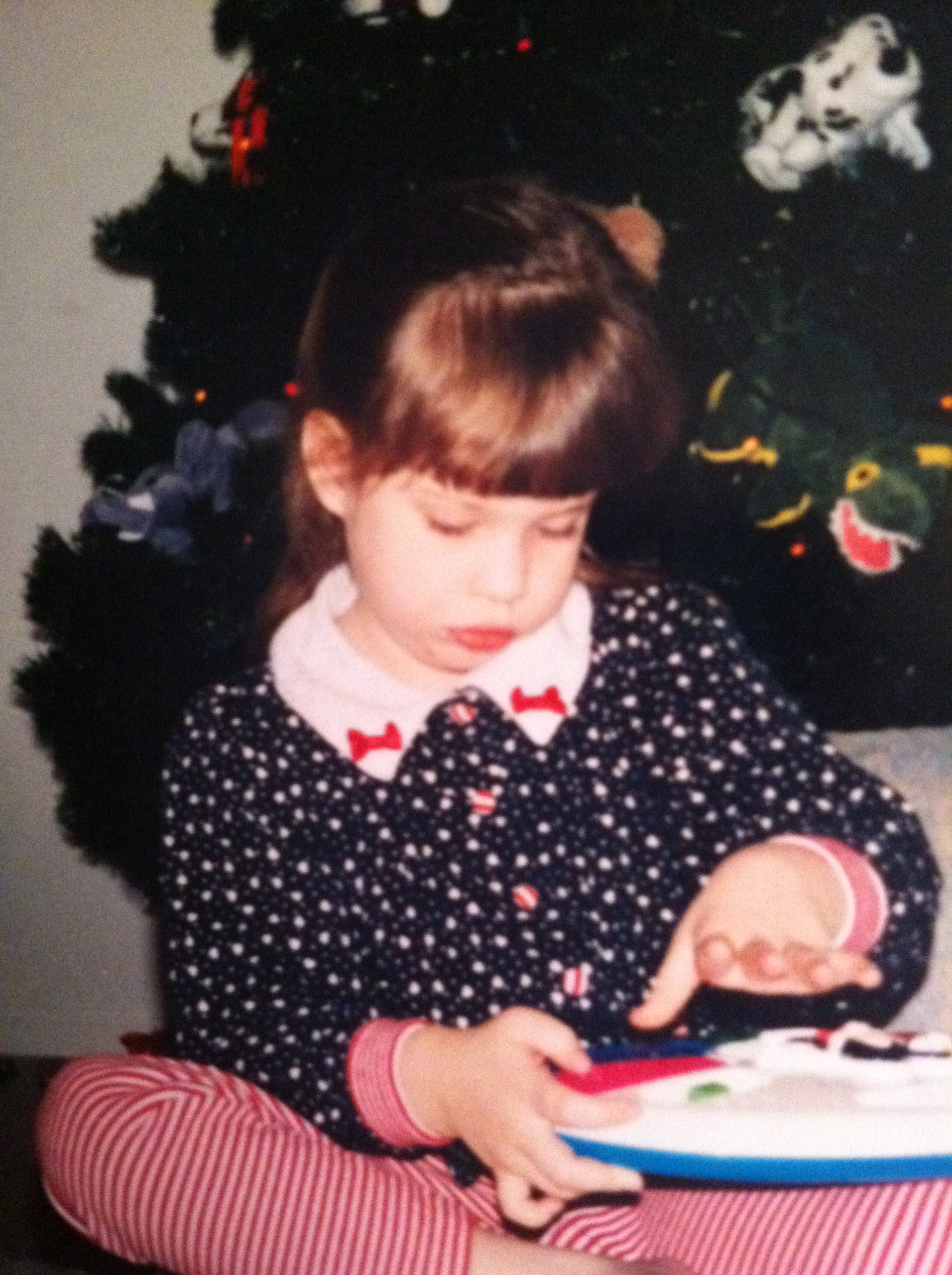
The holidays are a time for joy and celebration…until they’re not. Large, noisy gatherings, disruptions in routine, and travel can be very stressful for a person with autism and, by extension, for the entire family. With strategic planning and preparation, the experience can be much more enjoyable for everyone.
Home for the Holidays
If you are able to celebrate the holidays in your own home, your child will have the option of retreating to his or her bedroom and other comforting areas when in need of a break from the action. Sleeping in a familiar bed, being surrounded by treasured toys and belongings, and maintaining at least some of your usual routines will provide a much-needed sense of security.
Staying home for the holidays also makes it much easier to provide the healthy food your child needs and follow any dietary restrictions necessary. Talk to relatives ahead of time about any foods your child must avoid and how to best prevent dietary infractions while still allowing others to keep their holiday traditions. Making gluten and casein-free versions of what everyone else is eating is important if your child enjoys the food that everyone else will be served. Keeping foods that they shouldn’t eat out of sight is ideal and some families opt to all avoid the foods their family member cannot eat so that he or she does not feel left out. If this isn’t likely to happen, plan to serve and store food in places that can be closely monitored to avoid problems.
Survey your home from your child’s perspective. Would flashing lights be over-stimulating or trigger a seizure or migraine? Are any ornaments or decorations choking hazards? Are fragile items likely to break? A tree with bows, stuffed animals, or other unbreakable decorations works best for some families.
Travel
We all want our children to enjoy as many life experiences as possible. Participating in family gatherings and spending time with extended family members can be very meaningful and memorable. It does come with its share of challenges, however. Advanced planning can increase your chance of a successful trip.
- Start with short trips: Day trips and overnight stays are good practice runs for longer adventures. You’ll quickly learn what you’ll need to make a longer journey more enjoyable and less stressful for your child.
- Use schedules, photos, calendars, social stories, and other strategies to communicate in advance what will be happening.
- Bring any favorite belongings you can. Some of us do not travel light! Blankets, pillows, toys, electronics for entertainment, and snacks can provide comfort and entertainment.
- Buy something new your child will enjoy to help to pass the time and make the experience a positive one.
- Practice packing a suitcase and explain that you will bring certain things with you and leave others at home.
- Opt for a direct flight whenever possible. You will not regret it!
- Plan your exit strategy for times when a sensory break is needed. Retreating to another room, going for a walk, or taking a car ride may be options.
- It’s always easier to prevent sensory overload than to de-escalate a child who’s in fight or flight mode. Noise-cancelling headphones, weighted blankets, and deep pressure can help your child cope with new and stimulating surroundings.
- Teach or model self-calming techniques such as deep breathing, provide fidget or chew toys if helpful, and allow time for physical exercise.
- Call ahead to restaurants and hotels to find safe options and child-friendly menus.
- Identify the nearest local stores for extra food and other supplies if needed.
- If staying with family, have food or other necessities shipped to their address or enlist their help in finding them.
- Bring extra clothing in your carry-on luggage when flying. Accidents happen, and you won’t want to be wearing them!
- If this is your child’s first trip on an airplane, watch videos about air travel and explain what to expect.
- Plan and practice ways to help your child equalize ear pressure and avoid discomfort during flights.
- Avoid peak travel dates and flights.
- Visit the TSA Cares website and inquire about available assistance if needed.
- Fill out a TSA Notification Card. The card alerts TSA officials that your child has special needs and may streamline the screening process.
- Clearly label any medications or supplements your child needs. Bring a list of all medications and their dosages.
- Maintain as many routines as possible while on the road. Bedtime routines, meal schedules, and favorite activities will provide comfort in your new setting.
- Safety is your highest priority: If your child elopes, this is even more likely to occur when in unfamiliar surroundings and feeling stressed. Be very vigilant in airports and other crowded places. Ideally, one adult should be in charge of your special needs child at all times and there should be no confusion about who is “on duty” at any given time. Use ID bracelets or necklaces, write on clothing, and/or put notes in your child’s pockets to make sure you can be easily contacted if your child elopes.
- Take a photo of your child on the day of your departure to use in any emergency situation.
Meltdowns
If a meltdown or tantrum occurs, remember the tried and true strategies you use on a daily basis.
- Move to a quiet, private space if possible.
- Stay calm: Your facial expressions, tone of voice, and body language should remain as calm as possible. If you can provide comfort and support, the crisis will end more quickly.
- This is not a teaching moment. Your child is likely not in an emotional state that is compatible with learning from a lecture or from discipline.
- Do not give in to requests or demands that trigger meltdowns when denied. This practice is difficult and must start long before any public outings.
Remember that the precautions needed this year may no longer be necessary in subsequent years and don’t despair when some traditions need to be modified. Some of your new traditions may become more treasured and meaningful that the old ones as you share this special season with your family.
Wishing you and your loved ones a blessed holiday,
Cindy Schneider, MD

